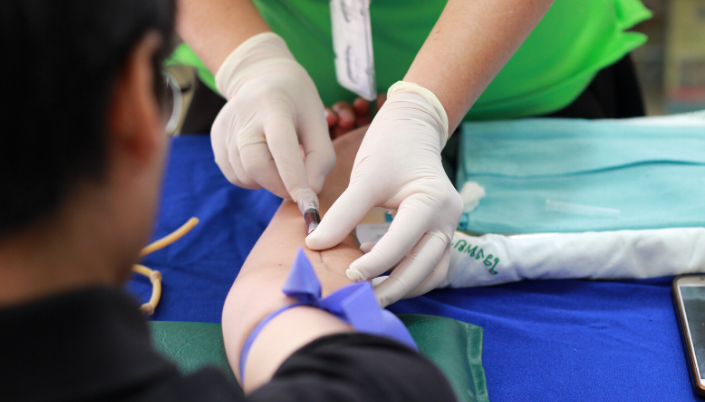

10 Facts About Medical Treatment Abroad
05 Sep 2013 by Olga Brighton
Medical tourism has become a lucrative industry for dozens of countries around the world. Many people travel abroad to get medical treatment because it’s cheaper there than in hospitals in the UK. If you’re thinking about getting medical treatment abroad, you need to obtain as much information as you can before doing so. It’s important that you fully understand how it works and what risks are involved before you make a decision.
Here are the 10 facts you need to know about getting medical treatment abroad:
Fact 1

Britons travel abroad to get safe and more affordable medical treatment. It’s been estimated that in 2010, there were roughly 200,000 health tourists from the UK.
Fact 2
Some of the most popular medical treatment destinations for Britons are India, Hungary, Turkey, Malaysia, Germany, Poland, Spain, Philippines, and Thailand.
Fact 3
Many also decide to go abroad for treatment because of the rather long waiting times for operations and donors in the UK.
Fact 4
NHS patients have the right to receive medical treatment within the European Economic Area but there are limitations and conditions.
Fact 5

There are two ways to get funding from NHS:-S2 form which you can obtain from the Overseas Healthcare Team in Newcastle-Article 56 of the EU Treaty Provisions
Fact 6
Most private health insurance policies do not cover the cost of medical treatment abroad. Travel insurance only covers emergency treatments.
Fact 7
Seeking medical treatment abroad does not guarantee your safety. In New Delhi (India) for example, two health tourists (Britons) died and many others were hospitalized because they got infected with a virus during their trip.
Read also: How to Undergo Pre-Existing Medical Conditions Screening
Fact 8
The cost of treatment abroad is significantly lower than in the UK. It has been estimated that a knee replacement surgery in a hospital in UK could cost around £8,000 - £9,000 but such procedure would only cost half of this amount in India. Dental implants, which would normally cost about £3,500 per implant here would only cost about £500-1,000 in Southeast Asia (Thailand and Philippines).
Fact 9
The most common problems that arise from seeking treatment abroad are: communication barriers (language problem), lack of insurance, not preparing for aftercare treatment, and not having sufficient information about the clinic/hospital, doctor, and procedure.
Fact 10

Here are some of the latest statistics regarding medical treatment abroad:
- 97% would likely go back to the same doctor and/or hospital in the future;
- 96% would recommend getting medical treatment abroad to a relative or friend;
- 74% are very happy with their experience.• 17% saved over £10,000 compared to the cost of the same treatment in the UK.
If you are planning to get medical treatment abroad, don’t forget to take out cheap travel insurance in case of emergencies. Most standard travel insurance policies don’t cover the cost of planned treatment however there is an option to buy medical travel insurance that’s specifically targeted for people who travel abroad for medical, dental, cosmetic and fertility treatments.
Read also: What Are Prices for Brits' Treatment Abroad?
We accept

